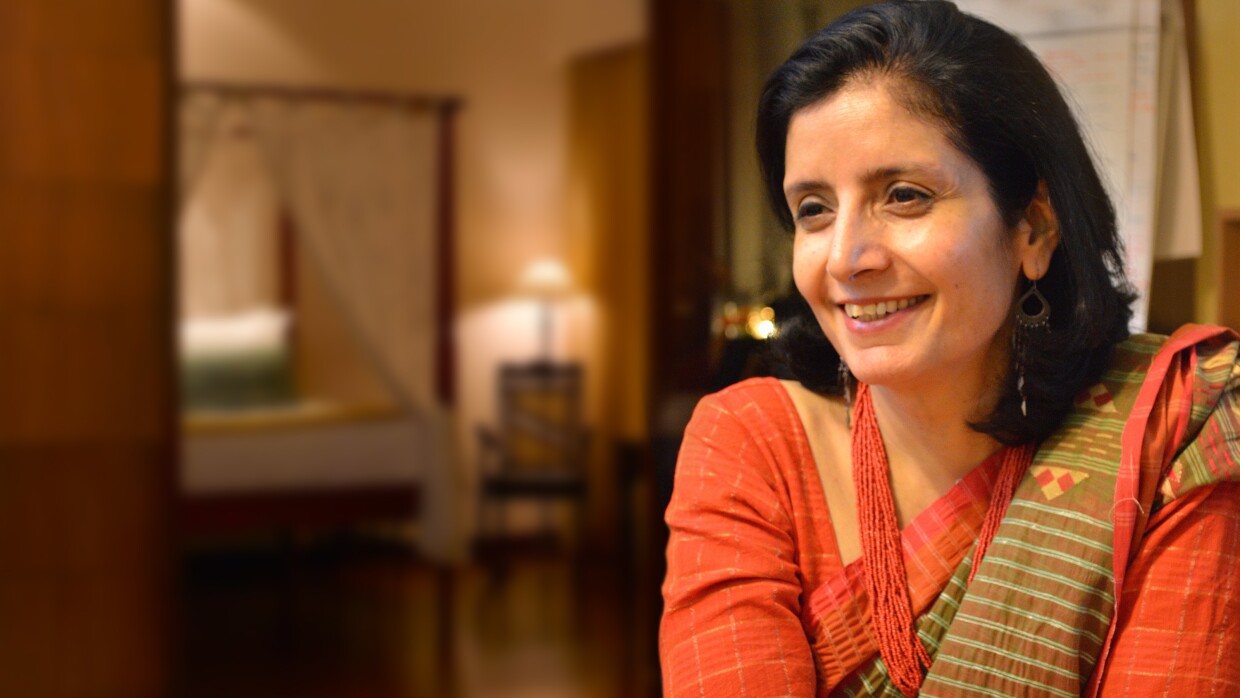‘What we are teaches the child far more than what we say, so we must be what we want our children to become.’ —Joseph Chilton Pearce
Parenting can be extremely frustrating, especially when faced with children who are just not getting it right. They might be messy, disorganized, rude, unpunctual, or they could be terrible in math, or not disciplined enough to play sports, and so on and so forth. It can be very tough for parents—constant arguments, shouting matches, daily battles can leave everybody drained out.
This is not what you had signed up for when you had thought of becoming a parent one day! The feelings of burning out, self-doubt, guilt and a creeping sense of resentment are common. Parenting children is a lot of hard work—but ask any parent what gives them the most joy, and they will point at the little imp running around with his screams and demands. Paradoxical but true!
I remember that, as a new mum, the thing that used to petrify me was the fact that the buck stops with my husband and me, and that this little human being’s life was completely dependent on us. Sleepless nights, obsessing over every ounce of milk taken in or morsel rejected, the trips to the doctor, the first steps, the first words heard or imagined, the first day at school—they are all etched in our mind forever. And the guilt we carry for everything that does not go well. ‘I am a terrible mother as I can’t even control my children.’ Shame, guilt, self-blame, embarrassments become our nagging companions. We are so quick to judge ourselves for everything we do or believe we do wrong.
Studies have unequivocally proven one fact: parents, especially mothers’, emotional well-being is key to a child’s well-being. Remember the flight security announcement? In case of lack of oxygen, first take care of yourself, then your child. The same goes for parenting!
This Mother’s Day, let’s look at ways we can replenish ourselves so that we are there for our children.
Be Imperfect
Let’s admit that our society and social media revers ‘Pinterest parenting’ where mothers are expected to manage it all: look perfect, run a perfect home, be perfect in their work and have perfectly turned out children. As a reformed perfectionist, I can confess that there was a time I used to get myself all anxious about being an imperfect mother. It took me sometime to realize that I was actually turning parenting into a burden by obsessing about this.
Trying to be a perfect parent can be damaging for our children as we pass on the ‘virus’ to them—as they feel the pressure of being perfect to keep us feeling good about ourselves. Many times, this leaves them struggling with depression, anxiety and even eating disorders as they carry the feeling of never being ‘good enough’.
So spare yourself all the fretting, worrying and guilting (special verb I have for mothers). It’s all right—you do not have to be perfect and you can mess up at times. Parenting is not a race. Pause, take a deep breath, and just let it be.
Self-Compassion
I do believe that only if we love ourselves can we love others. We can’t give our children what we don’t have. So if you are not nurturing or loving yourself, then you are not really in a position to love your children. Mothers who demand a certain level of perfectionism from themselves can be particularly self-critical. They are very harsh on themselves for every slip or mistake.
To be self-compassionate is to accept that parenting can be messy and scruffy, and it is best to accept that mistakes are inevitable. Self-compassion is to tell ourselves that ‘I am enough’ and that I need to care for myself first and only then will I be able to take care of my children. So enjoy that cup of coffee while reading your book whenever you get a little break, go out for a meal with your friends, or just take a nap in the middle of the day if you are feeling depleted. It is all right—if that is what is going to nurture you, then it is what you deserve.
Playfulness & Joy
In our grown-up world, it seems a bit ridiculous to talk about playfulness. It sounds frivolous, juvenile and silly. However, I feel that playfulness needs to be at the core of who we are as people and how we live our lives. I believe that our PQ (playfulness quotient—a term I have coined) is the single determinant of our quality of life.
So try letting your body go and feel yourself come alive. Roll up your sleeves, loosen that tie and kick off those heels. Crawl with your toddler, jive with your teenager, shake a leg, kick the ball, splash around in the pool, goof about in the local park. Notice how your whole body and mind feels injected with new, invigorating energy.
There is an amazing body of evidence which indicates that playfulness decreases stress hormones like cortisol, adrenalin and norepinephrine. On the other hand, it increases happiness chemicals such as endorphins and immune-boosting cells, lowers blood pressure, relaxes muscles, reduces pain and accelerates healing. Another interesting fact is that we connect much more deeply and meaningfully with our children when we are playful. The healthy dose of happy hormones like oxytocin and serotonin can nurture and strengthen bonds for life. So laugh, dance, sing, be crazy, be wacky, be silly.
There are endless discussions and so much research on what is good and not good for children. I have a simple belief: if a mother is happy, then that is what is best for her children. Children thrive when they have mothers who are happy, joyous and ready to enjoy them.











